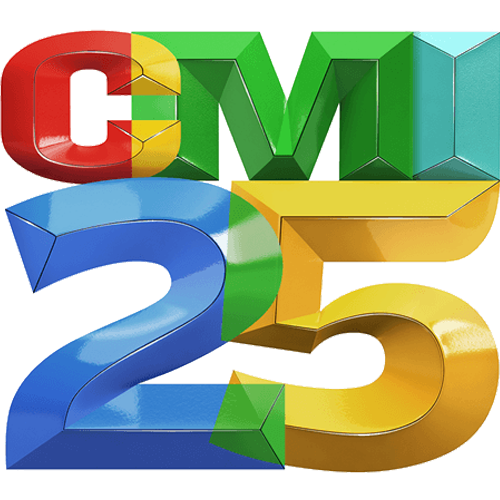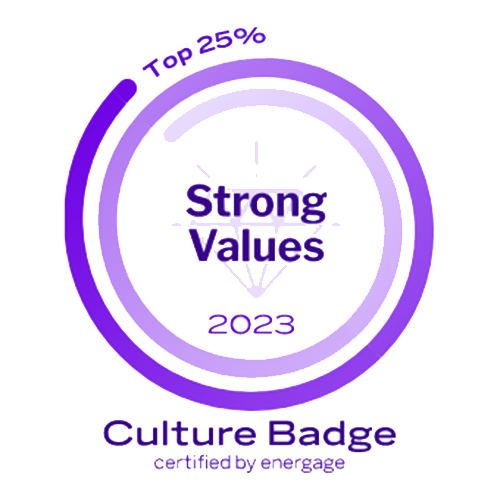In the ever-evolving landscape of events and conferences, panel discussions remain a cornerstone for delivering diverse perspectives and fostering meaningful conversations. However, not all panels hit the mark, leaving audiences disengaged or disappointed. So, what exactly are audiences looking for in a panel discussion? Let’s delve into the key elements that make for a compelling and memorable experience, informed by recent findings and industry insights.
1. Clear and Relevant Content
The foundation of any successful panel discussion is the relevance of its content. Audiences attend panels with the expectation of gaining valuable insights that are directly applicable to their interests or professional lives. Recent observations reveal that over 60% of attendees prioritize content that is both timely and relevant to current industry trends. This underscores the importance of curating panel topics that resonate with the audience’s current challenges and aspirations. Panels that hit this sweet spot not only draw larger crowds but also leave a lasting impact on attendees.
2. Engaging and Dynamic Interaction
Gone are the days when audiences were content with simply being passive listeners. Today’s attendees crave interaction and engagement. In fact, panels that incorporated interactive elements saw a 45% increase in attendee satisfaction. Whether it’s through live Q&A sessions, audience polls, or interactive discussions, the key is to create a two-way dialogue where the audience feels heard and involved. This not only keeps the energy levels high but also ensures that the discussion stays relevant and responsive to the audience’s needs.
3. Diverse Perspectives and Expertise
A panel discussion is only as strong as the diversity of its panelists. Audiences are increasingly seeking out panels that bring together a mix of voices, experiences, and viewpoints. This diversity enriches the conversation, offering a broader range of insights and fostering a more inclusive discussion. Panels that feature a variety of experts—whether in terms of industry background, experience level, or perspective—are more likely to capture the audience’s attention and maintain their engagement throughout the session.
4. Moderation that Adds Value
The role of the moderator is crucial in steering the conversation and maintaining the flow of the discussion. Audiences appreciate moderators who are not only well-prepared but who also know when to step in to keep the discussion on track or to draw out more detailed responses from the panelists. The most effective moderators are those who can balance the conversation, ensure that all panelists have the opportunity to contribute, and seamlessly integrate audience questions into the discussion. A well-moderated panel stands out as being more cohesive, engaging, and impactful.
5. Actionable Takeaways
At the end of the day, audiences want to leave a panel discussion with clear, actionable takeaways. The most successful panels provide not just high-level insights but also practical advice that attendees can apply in their own work or lives. According to recent feedback, attendees rated panels that offered concrete solutions or next steps significantly higher. By ensuring that each panelist contributes tangible takeaways, you can help the audience leave the session feeling informed and empowered.
6. An Engaging Format
Finally, the format of the panel can make a big difference in how the content is received. Audiences are looking for variety in the way information is presented, whether through short, focused presentations, lively debates, or interactive workshops. Panels that mix up the traditional format with more creative approaches—such as incorporating multimedia, breaking the session into smaller, more interactive segments, or even hosting a fireside chat—tend to stand out and be more memorable.
Conclusion
Understanding what audiences are looking for in panel discussions is key to delivering sessions that are not only informative but also highly engaging. By focusing on relevant content, fostering interaction, ensuring diversity, and delivering actionable takeaways, you can create panel discussions that resonate deeply with your audience. The ultimate goal is to leave your attendees feeling that they have gained valuable insights and are equipped with new ideas to implement in their own work.
For your next panel discussion, keep these elements in mind to ensure that you’re meeting, and even exceeding, audience expectations. With the right approach, your panels can become the highlight of any event, leaving a lasting impression on everyone involved.











